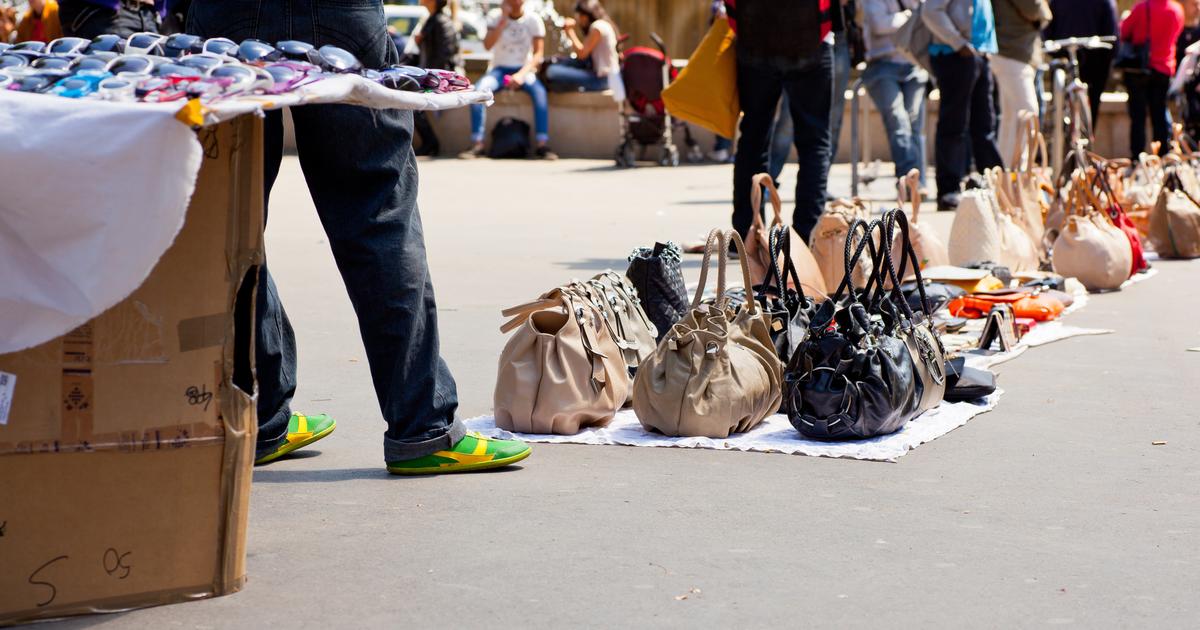"An order will be issued by this summer." The government wants to move quickly: as Gabriel Attal explains to Le Parisien, the government will "conduct a program of control of retirees over 85 years old abroad", mainly those living outside Europe, about 500,000 people. Within the European Union, the situation is easier, because "the exchange of information on civil status is automatic," details the Minister of Action and Public Accounts.
" READ ALSO "We will strengthen the sanctions": the plan of Gabriel Attal against social fraud
"For us, it is obviously not a question of stigmatizing anyone, but of acting," explains Gabriel Attal. Concretely, this will involve appointments set in consulates or local banks with which we work. And the minister also evokes the "biometric, thanks to the launch of a facial recognition application that will recognize the person. And to take stock of the efforts to be made, Gabriel Attal looks back at the controllers sent to Algiers last autumn. "Out of 1,000 'almost centenarian' retirees, 300 non-compliant files have been identified," he says.
This problem is not new, since as early as 2020, the Court of Auditors acknowledged in a report that "the actions implemented (...) insufficiently cover the risk of unjustified continuation of the payment of benefits to insured persons residing abroad whose death has not been reported by their relatives or is concealed by the sending of unjustified or falsified certificates of existence".
Investigators in embassies
Faced with these fraudulent declarations that have obviously taken place, the government wishes to implement new control methods. Until now, retirees living abroad had to send the State an annual "certificate of life", a procedure available online.
Read alsoRetirement abroad: pensions, taxes, health... Everything you need to know before settling down
According to the latest figures provided by the National Old-Age Insurance Fund (CNAV), in 2022, 1,087,595 retirees resided abroad out of the 15,049,171 receiving a CNAV pension, or 7.2% of beneficiaries. The most represented countries of residence are Algeria (341,184), Portugal (163,850), Spain (157,074), Italy (65,829) and Morocco (60,864).
The marginal case of centenarians abroad
A controversy erupted in December 2019, after RN deputy Gilbert Collard said on LCI that pension fraud was costing the France dearly because of "immortal retirees. All these retirees who live on our pensions until 105, 110, that's 6.5 billion." These figures are far removed from reality, since these centenarians, numbering 1,717 in 2019, represented less than 0.02% of all people receiving a pension and residing abroad.
The total amount affected then amounted to 6.8 million euros in 2019, a small amount compared to the more than 4 billion paid by pension insurance (or 3.2% of the total) to 1.2 million retirees living abroad. The proportion of centenarians among retirees living abroad remained similar to that observed in the France population.
"In addition, it happens in some cases that the very high, if not unlikely, ages of some insured, reflect old errors in entering their identification data," noted the Court of Auditors in its report.







